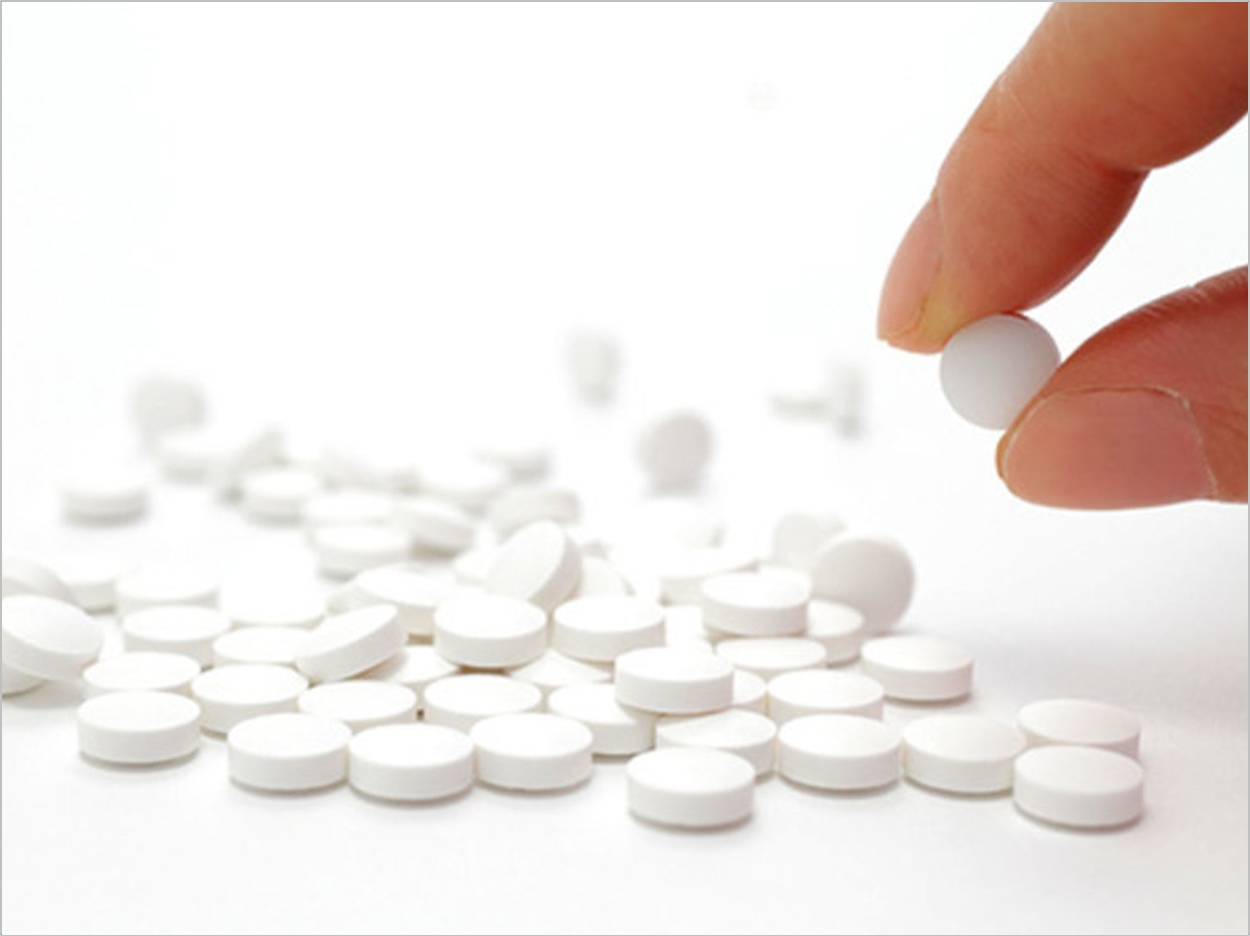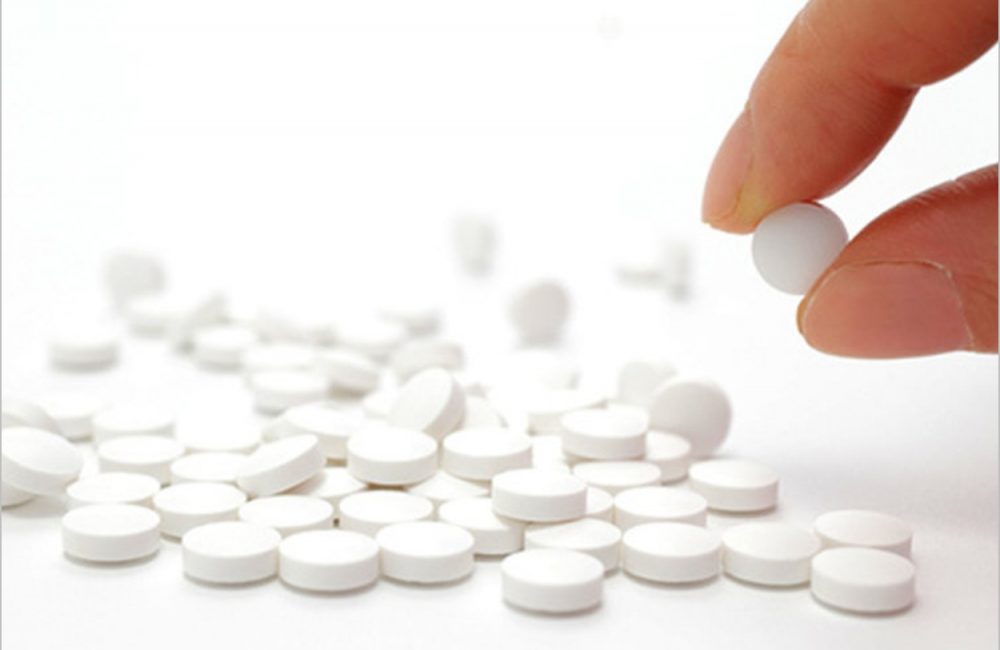
Tooth decay is the most common dental disease worldwide, but a common medication may be able to reverse its effects. By combining genomics and bioinformatics, researchers at Queen’s University Belfast have found that aspirin can stimulate existing stem cells found in teeth to enhance the regeneration of damaged tooth structure.
According to the researchers, treatment of stem cells from teeth using low-dose aspirin significantly increased mineralization and the expression of genes responsible for forming dentin. Coupled with the known anti-inflammatory and pain-relieving effects of aspirin, the researchers believe this discovery could provide a unique solution for controlling tooth nerve inflammation while promoting natural tooth repair.
“There is huge potential to change our approach to one of the biggest dental challenges we face. Our initial research findings in the laboratory suggest that the use of aspirin, a drug already licensed for human use, could offer an immediate, innovative solution—enabling our teeth to repair themselves,” said principal investigator Dr. Ikhlas El Karim, senior clinical lecturer and consultant in restorative dentistry at the university.
Tooth decay is especially challenging in England, where the National Health Service (NHS) provides about 7 million fillings each year. Additionally, tooth decay is the leading cause of hospital admissions for children, with an average of 161 extractions a day that cost the NHS more than £35.6 million, or $43.3 million, each year.
“Our next step will be to develop an appropriate delivery system to test the drug efficacy in a clinical trial,” said El Karim. “This novel approach could not only increase the long-term survival of teeth but could also result in huge savings for the NHS and other healthcare systems worldwide.”
Related Articles
Ancient Plaque Proves That Neanderthals Used “Aspirin”
FDA Revises NSAID Label Warning
Xylitol’s Impact on Tooth Decay Still Uncertain












